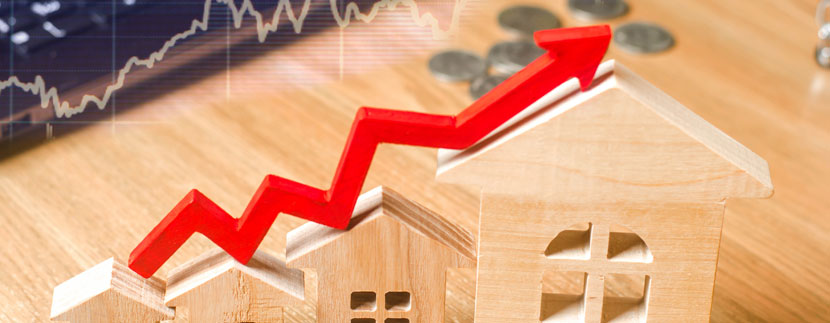
Las Vegas home prices again rose fastest among major cities in August as sales fall and inventory climbs.
Southern Nevada prices were up 13.9 percent year-over-year in August, according to the S&P CoreLogic Case-Shiller index released Tuesday. That rate was fastest among the 20 metro areas listed in the report and more than double the national average of 5.8 percent.
It was the third consecutive month that Las Vegas topped the Case-Shiller index. Prior to leading the pack, its price growth was second-fastest behind Seattle for 10 consecutive months.
But amid fast-rising prices and increased affordability concerns, the market has shown some signs of a pullback in recent months, including fewer resales and a rising tally of available listings.
The median sales price of previously owned single-family homes – the bulk of the market – was $300,000 last month, the highest level in more than 11 years and up 13 percent from September 2017, according to the Greater Las Vegas Association of Realtors.
Buyers picked up about 2,440 single-family houses in September, down 16 percent year-over-year, and around 6,150 houses were on the market without offers at the end of September, up almost 24 percent from a year earlier, the GLVAR reported.
Meanwhile, Las Vegas homebuilders have fetched rapid sales and record prices this year, but buyers are gravitating toward more affordable projects, and sales are slumping in some communities, according to Home Builders Research.
Las Vegas is not alone. Nationally, resales have dropped for six straight months, and new-home sales have fallen for the past four.
Cheryl Young, senior economist with listing site Trulia, said in a statement Tuesday that the U.S. market “continues to slacken.”
Price growth, while slowing, still outpaces wage growth, and mortgage rates have hovered at seven-year highs, according to Young.
These issues “will continue to diminish affordability, taking a bite out of homes sales” and putting “more downward pressure” on prices, she said.
David Blitzer, chairman of the index committee at S&P Dow Jones, said in a statement that there are “no signs that the current weakness will become a repeat” of the crash that followed the mid-2000s real estate bubble.
He noted that mortgage default rates, which soared during the recession, are “stable.”
“Without a collapse in housing finance like the one seen 12 years ago, a crash in home prices is unlikely,” he said.
Content provided by Eli Segall, Las Vegas Review-Journal
